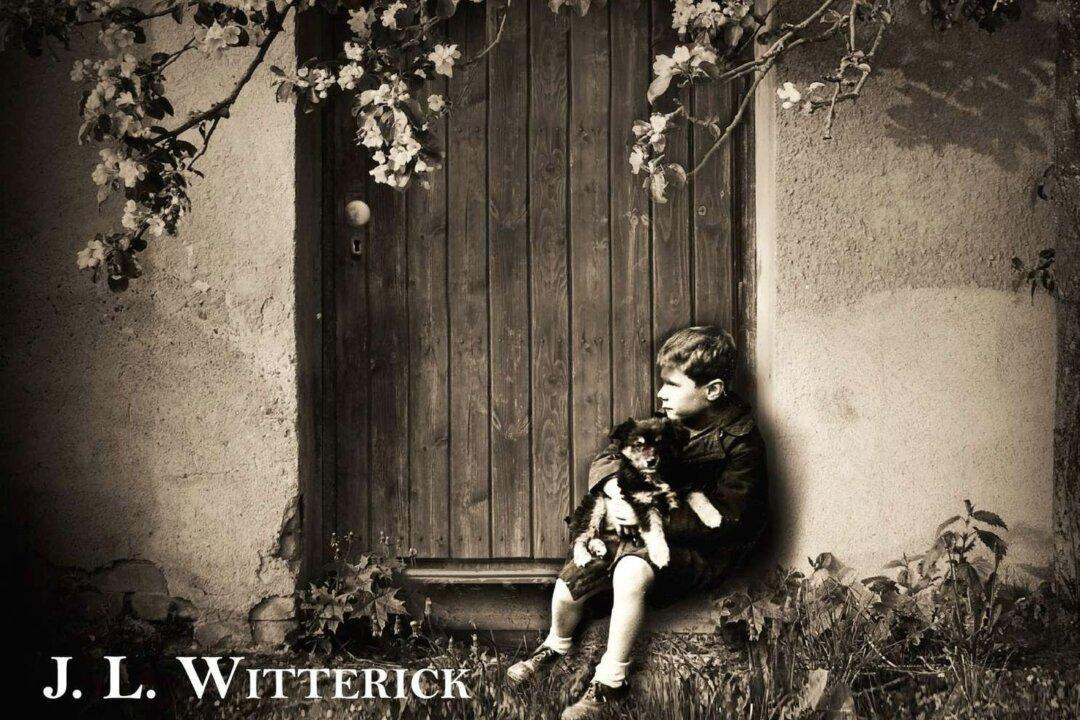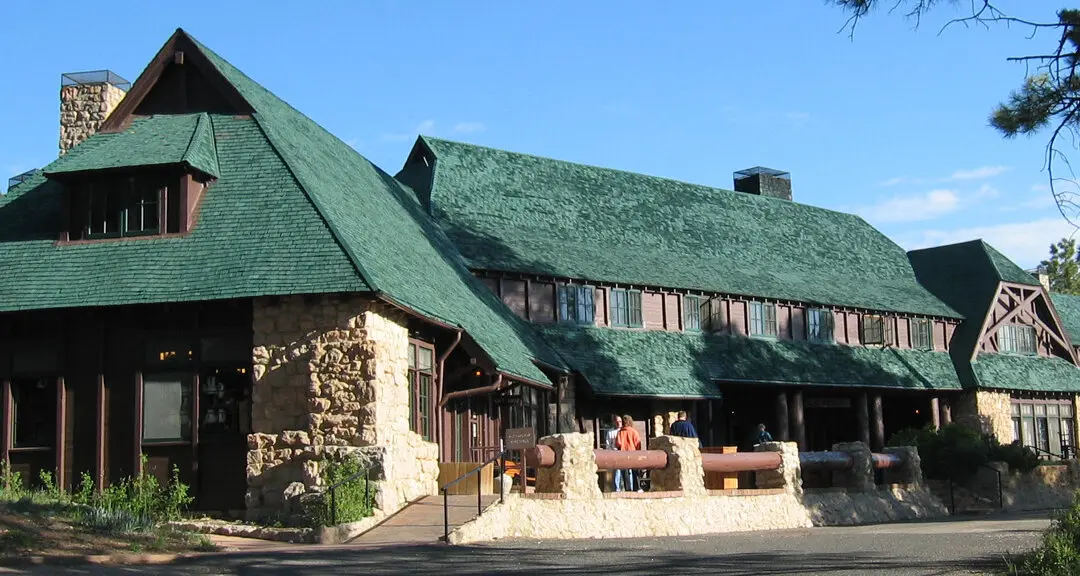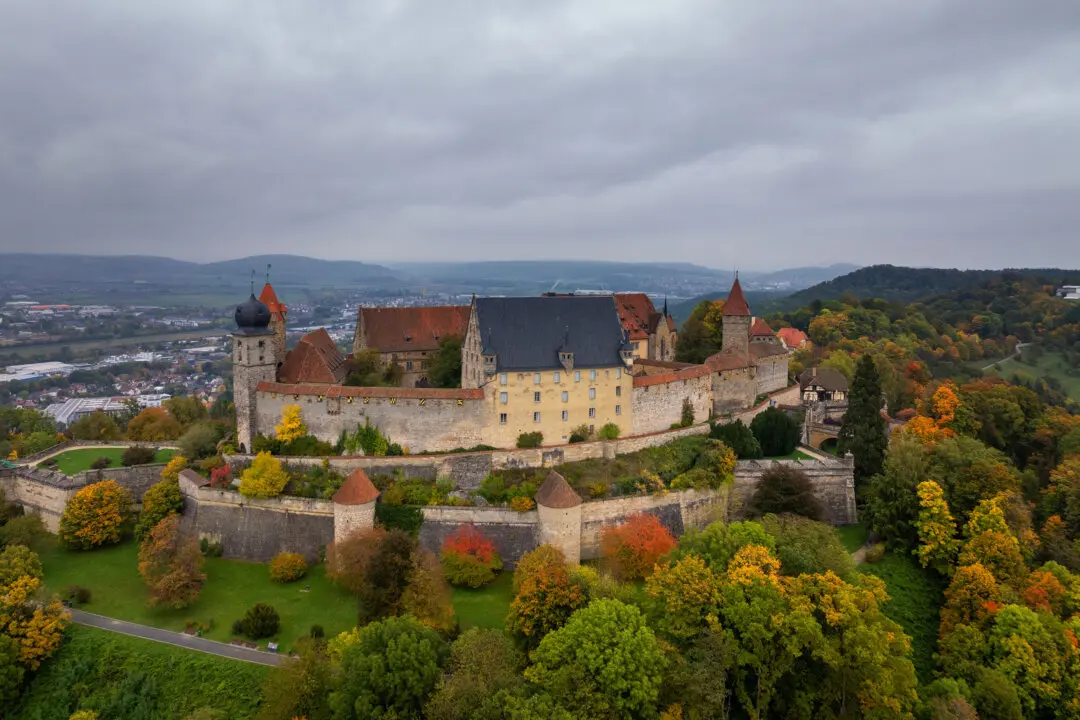“Love is the only thing that you get more of when you give it away” is the last sentence of chapter 64 of “My Mother’s Secret” by J. L. Witterick. The 2013 novel “based on a true Holocaust story,” as the subhead reads, oozes that sentiment throughout its 208 pages. While countless nonfiction and fiction books focus readers’ attention on one of modernity’s most heinous crimes against humanity, “My Mother’s Secret” gives more attention to a heartening story.
The chapters are short, yet Witterick’s storytelling is beautiful in its simplicity. She begins chapters with strong, clear sentences, such as: “You never get used to the fear,” or “Every day is night, so I dream of seeing the sun.”





